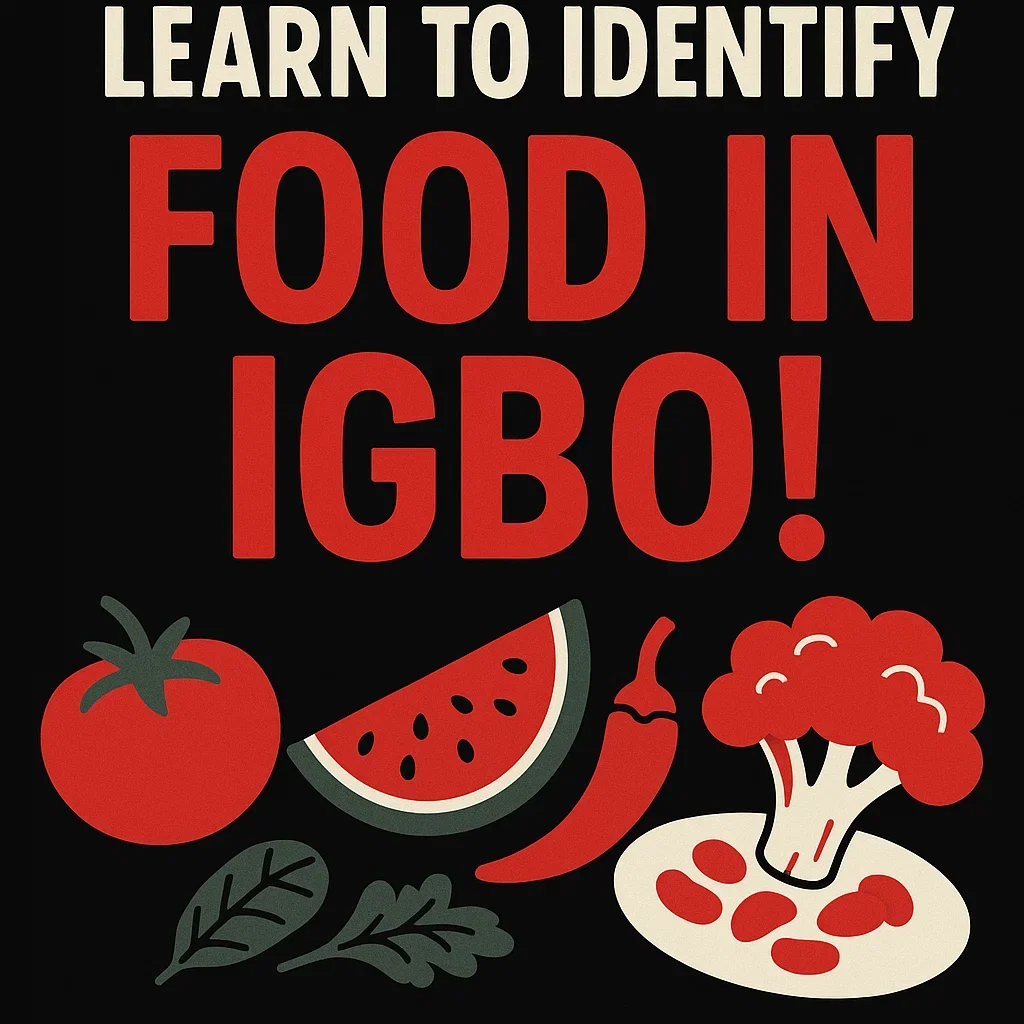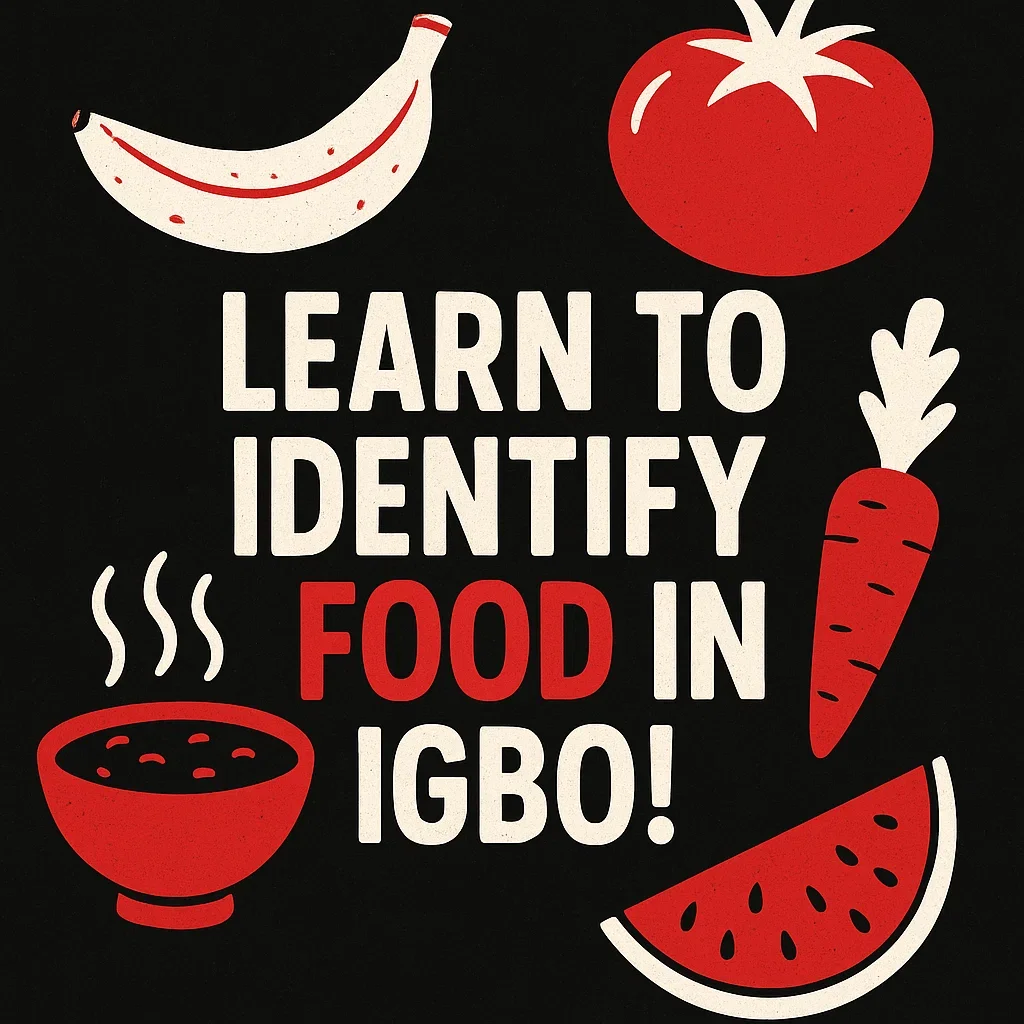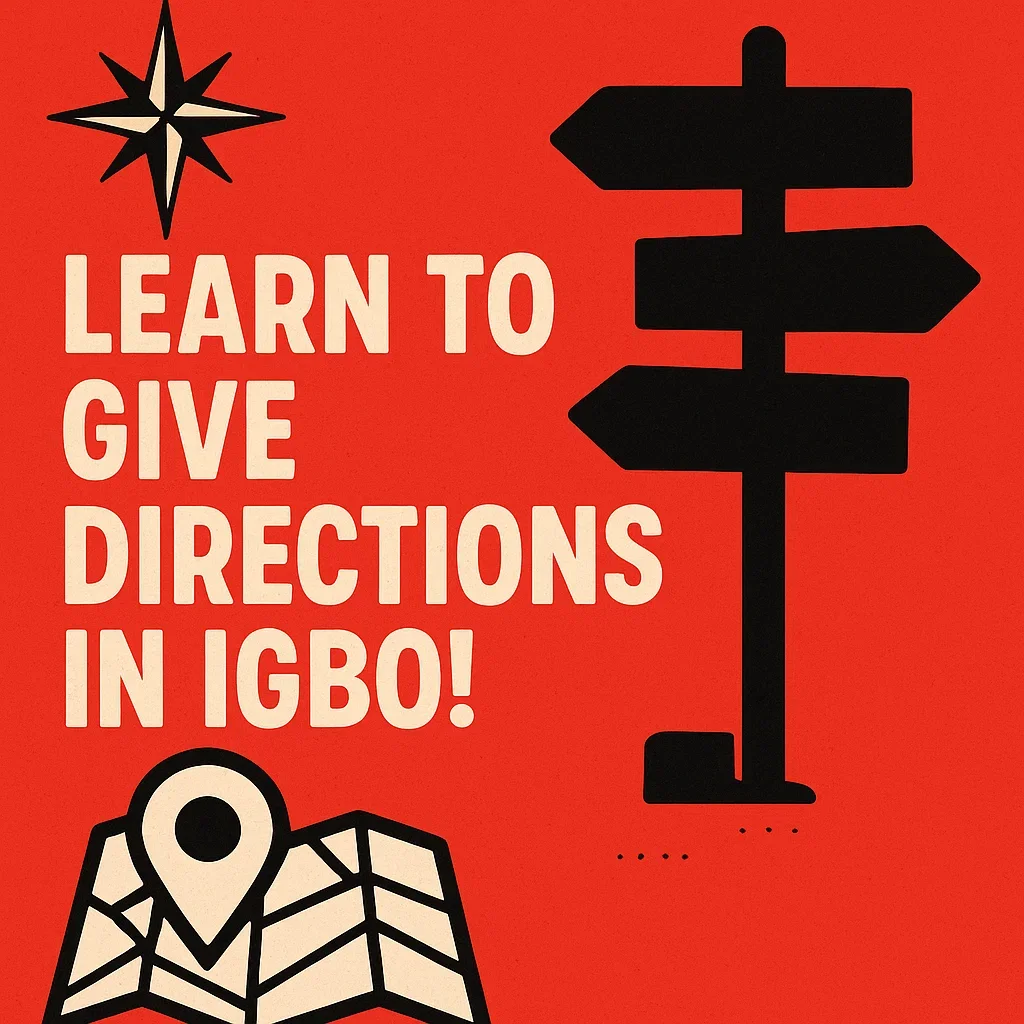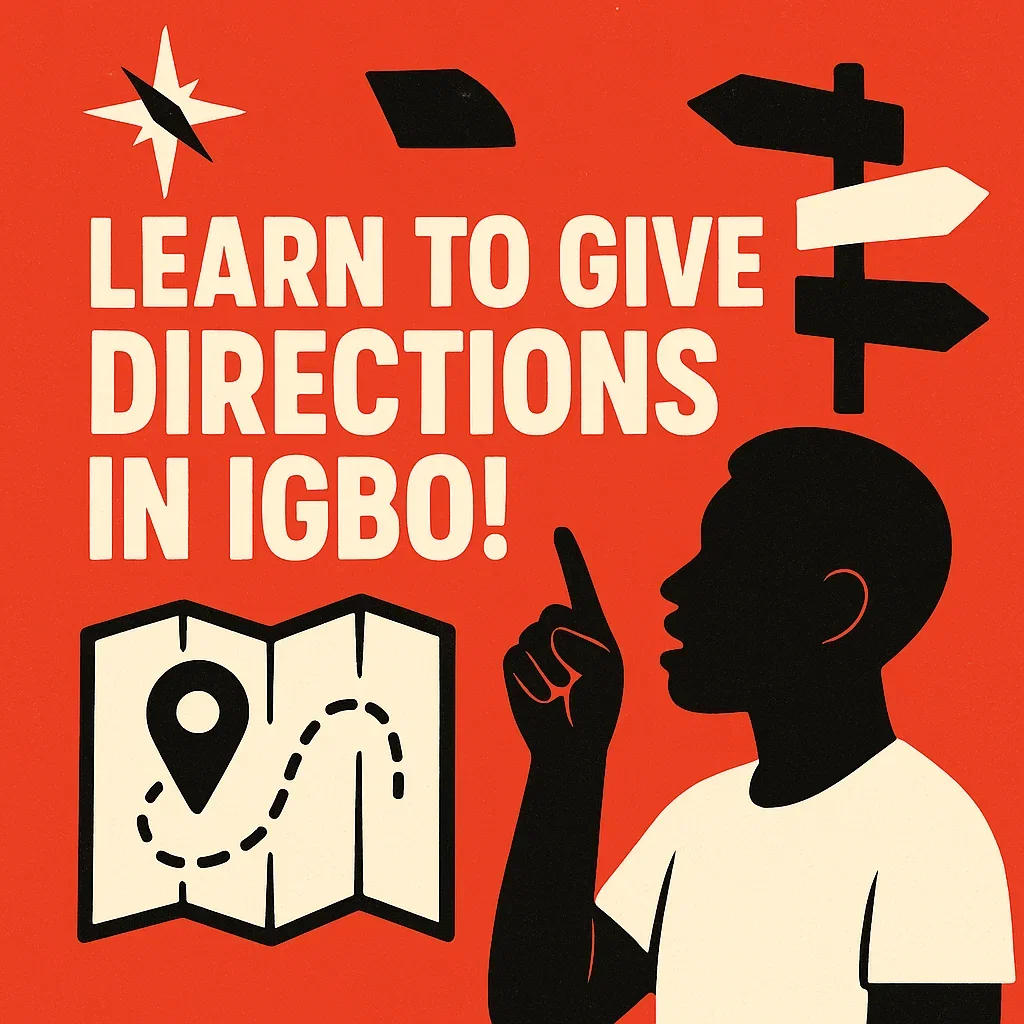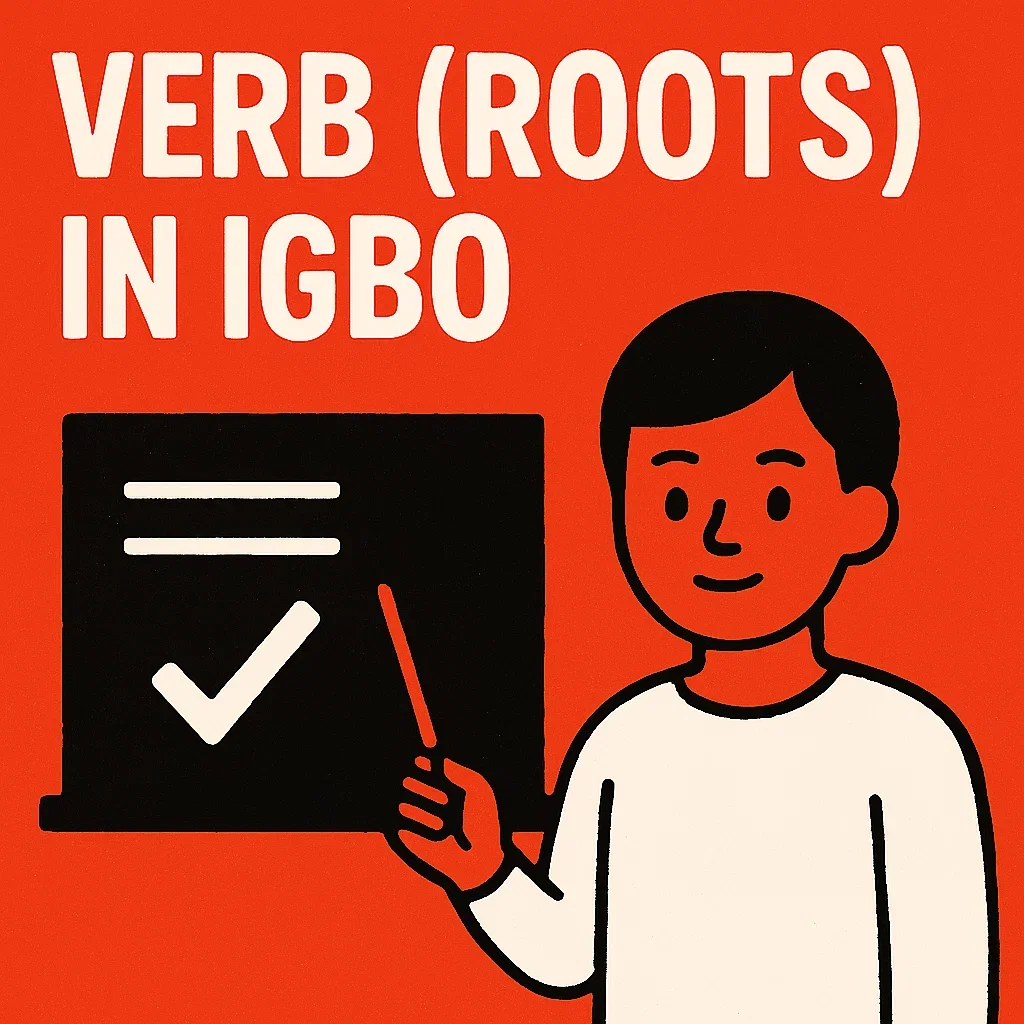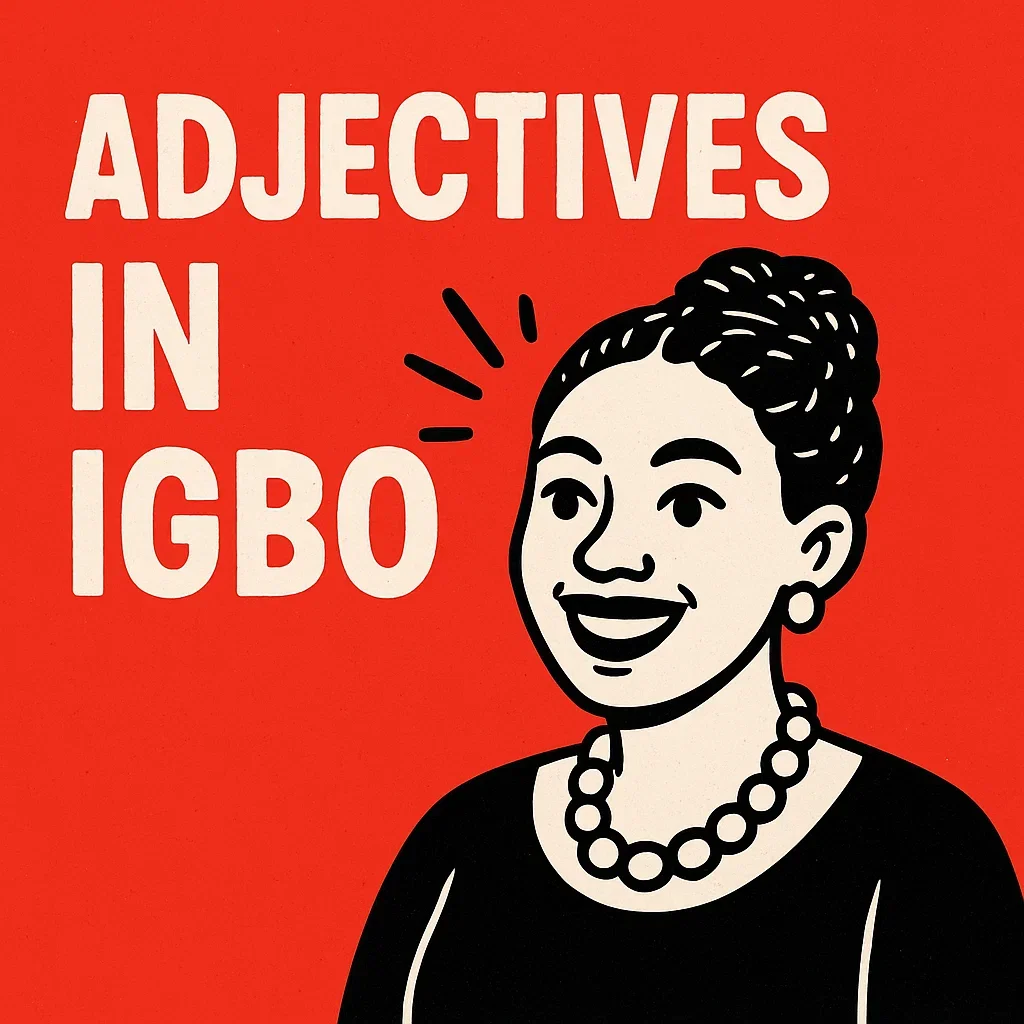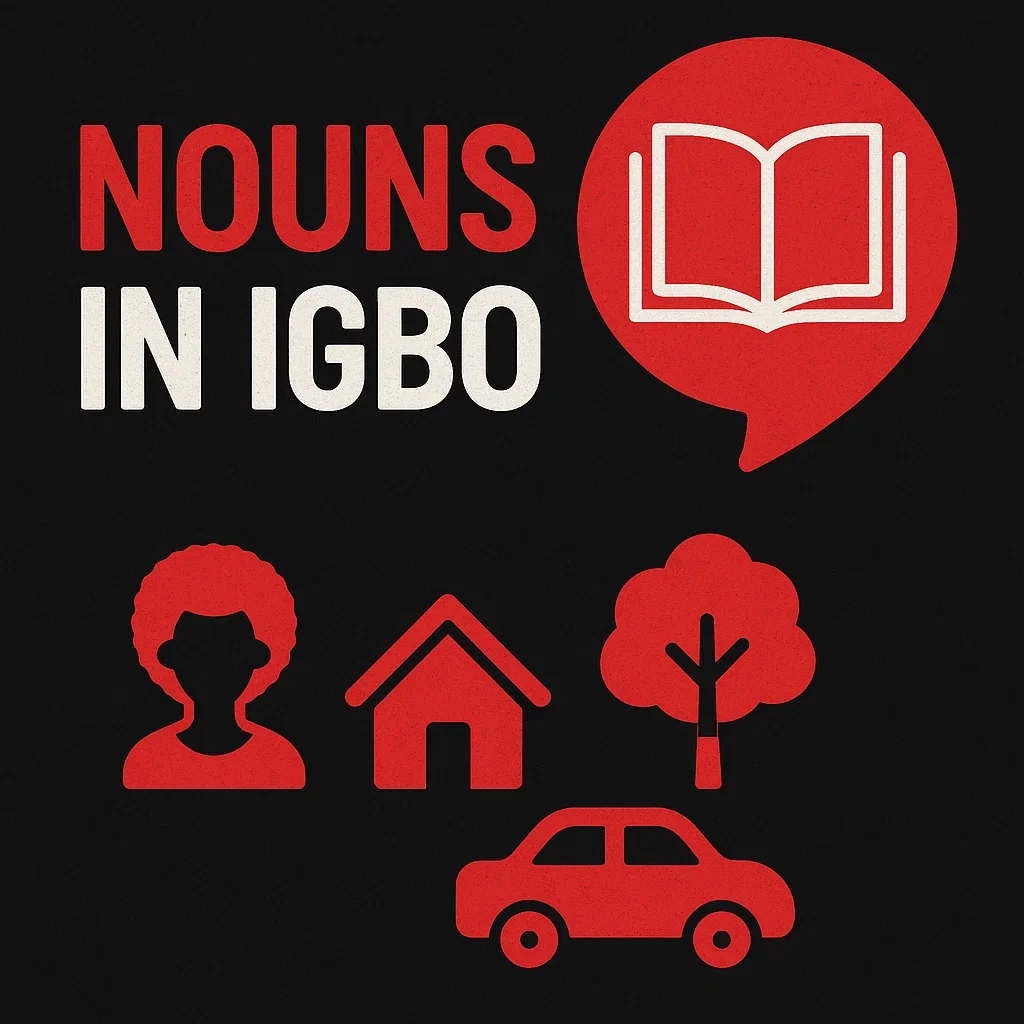How to Identify a Noun in Igbo Language taught by Uzoma Veer
This post is set to “Public View,” so anyone with a link can view it. Feel free to share with others.
Watch a recording of Session 19 from our free Igbo language class held on Zoom below ↓
Quick recap
The meeting focused on teaching Igbo language grammar and noun usage, with detailed explanations of how Igbo handles noun pluralization, number placement, and the use of specific terms. Participants engaged in practical exercises translating English nouns to Igbo and discussed the nuances of word meanings and proper usage. The session concluded with discussions on prepositions, articles, and etymology, including clarification of various Igbo words and their historical origins.
Next steps
All students to practice using nouns in Igbo sentences, focusing on proper placement.
All students to memorize the common Igbo nouns covered in class.
All students to review how to use "onye" to personify professions and titles in Igbo.
All students to practice forming sentences with Igbo nouns and understand how prepositions work in context.
All students to review how plurality works in Igbo language.
Session Summary Notes
Igbo Noun Pluralization and Usage
Uzoma led a grammar and language class focusing on common nouns and usage in Igbo, emphasizing the challenges of translating certain English words and the unique features of Igbo noun pluralization. Uzoma explained that Igbo nouns do not form plurals by adding "s" or "es" and highlighted the use of numbers or context to indicate plural forms. The class also covered the use of specific terms like "ndi" and "umu," noting that while certain expressions might be grammatically correct, they may not be naturally used by native speakers in all contexts.
Igbo Language Number Structure
Uzoma discussed the structure of Igbo language, particularly focusing on how numbers are placed in relation to nouns. He explained that for numbers other than one, the number comes after the noun, while for one, it comes before. Uzoma also touched on the use of the word "only" in Igbo, noting that it can function as a noun and be used to indicate professions or titles. Ogonna and Data participated in the discussion, with Ogonna attempting to count the number of Igbo letters in the word "only."
Igbo Nouns: Classification and Usage
Uzoma discussed the importance of nouns in the Igbo language, explaining how they are used to describe people and objects. He highlighted that Igbo nouns do not have gender, unlike languages like French, and demonstrated how to specify gender by adding suffixes. Uzoma also explained that nouns can be classified into different categories based on their characteristics such as shape and size, and he emphasized the contextual and descriptive nature of Igbo language.
Igbo Language Translation Practice
Uzoma led a language learning session where participants practiced translating English nouns to Igbo. The group went through a list of words, with Uzoma providing the Igbo translations while participants attempted to match them. They discussed the nuances of certain words, such as "onye" which can mean both "person" and "people," and "akpa" for "bag." The session concluded with participants practicing pronunciation of the Igbo words.
Igbo Personification and Noun Usage
The group discussed the meaning and usage of words in Igbo language, focusing on how to use "onye" (person) to personify other nouns. They analyzed phrases like "onye agu" (leopard person) and debated when "onye" is necessary for personification. Uzoma explained that "onye" is used for titles, professions, or when the noun requires additional qualification, but not when the noun is already personified on its own.
Igbo Language Prepositions and Articles
Uzoma explained the grammatical rules for using prepositions and articles in Igbo language, particularly focusing on how to translate phrases like "on the road" and "on the boat." He clarified that certain words function as a preposition rather than an article, and demonstrated how to properly use numbers with nouns by placing "one" before the noun when it's singular.
Meet Your Instructor
Uzoma Veer is a creative professional and founder of Veepress Integrated Services. Passionate about purposeful design and communication, Uzoma works as a UI designer, social media manager, Igbo tutor, translator, creative writer, and public speaker.



